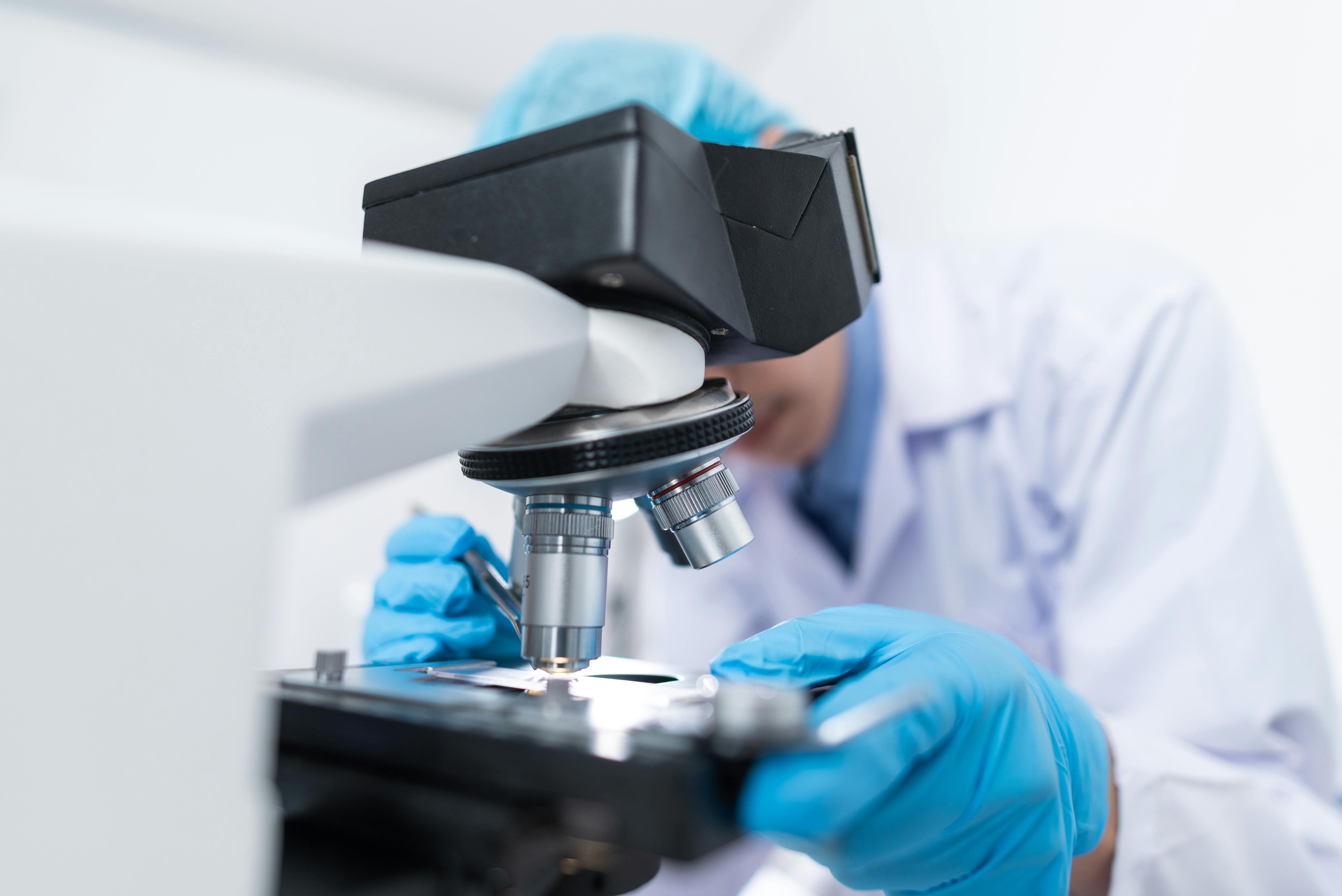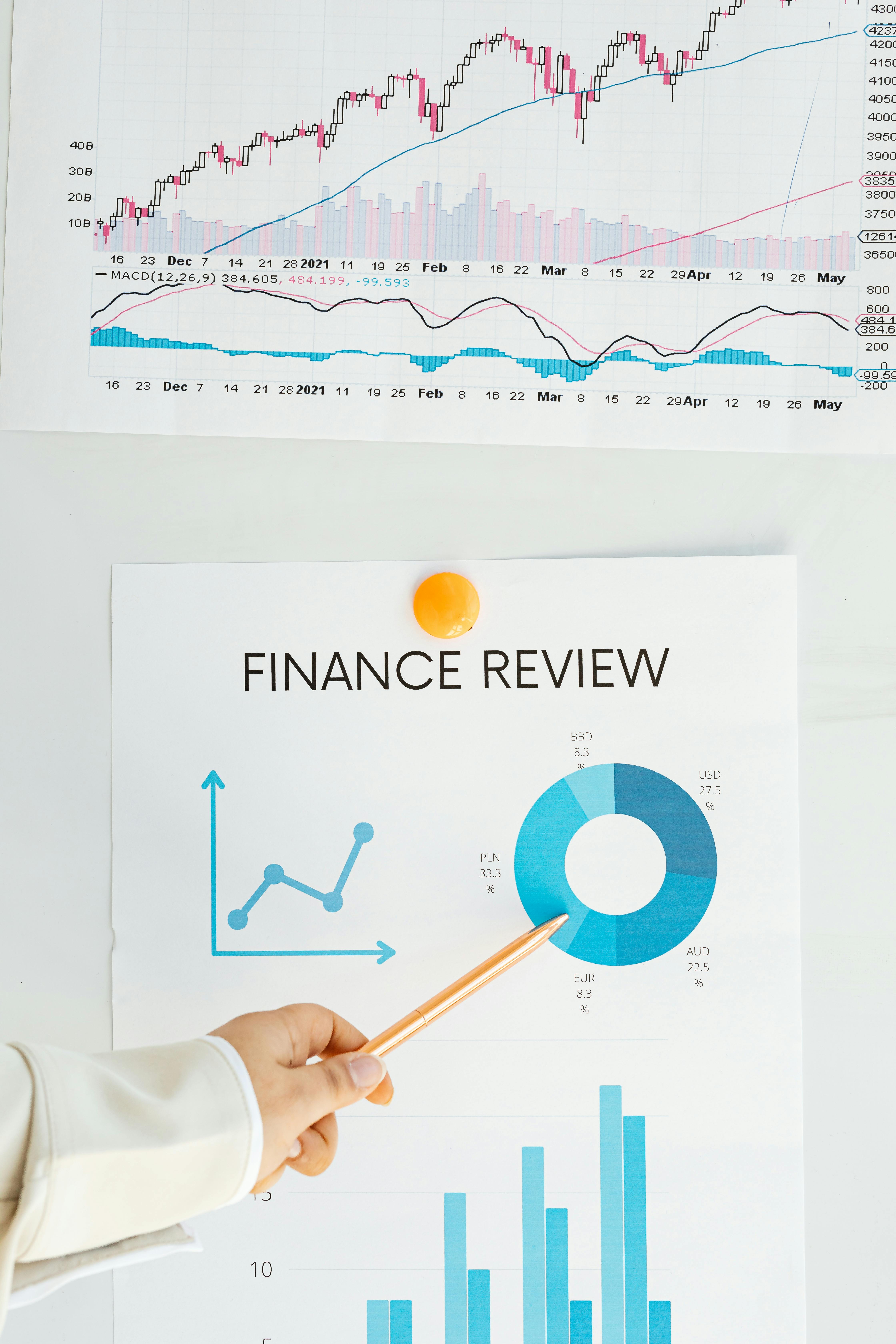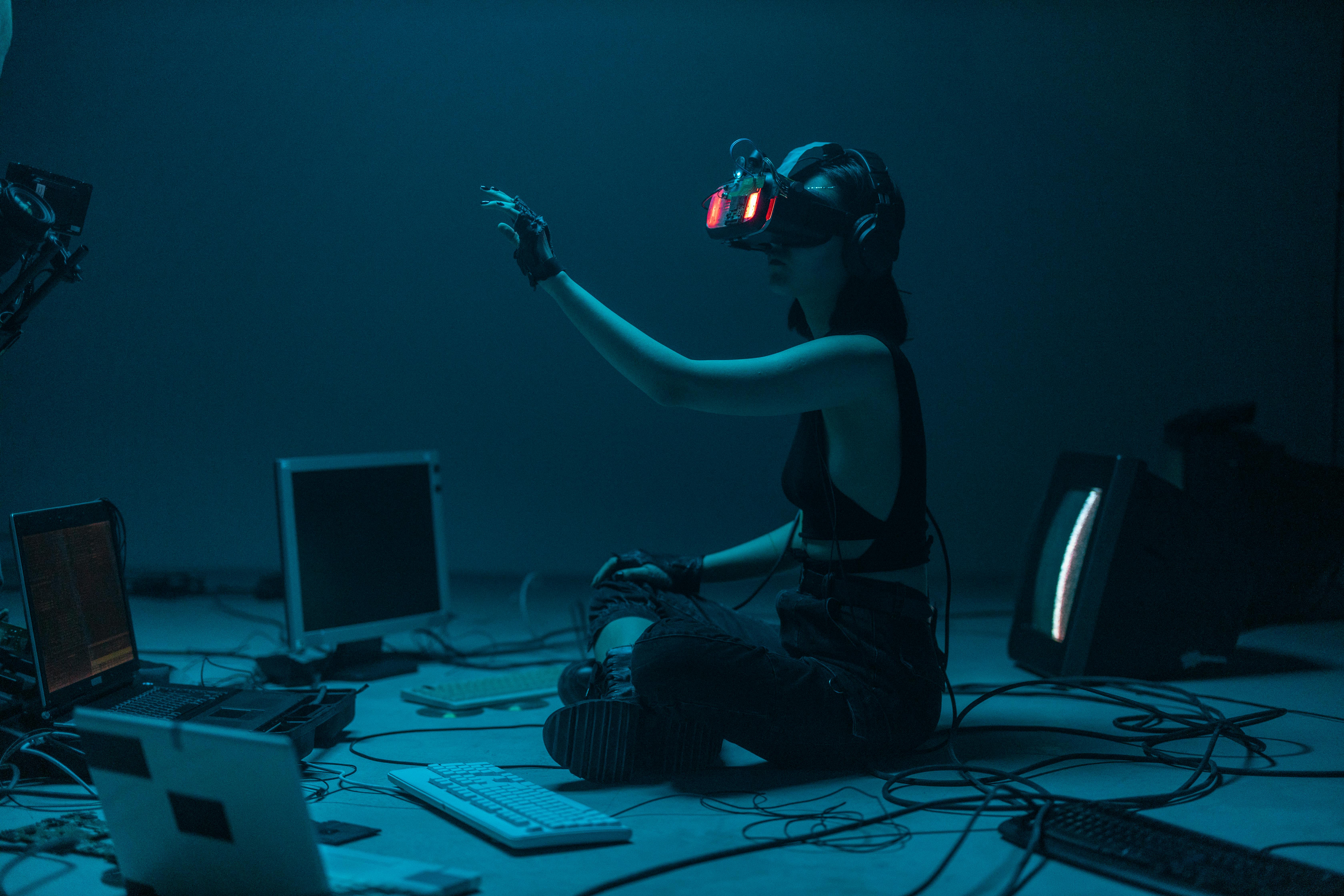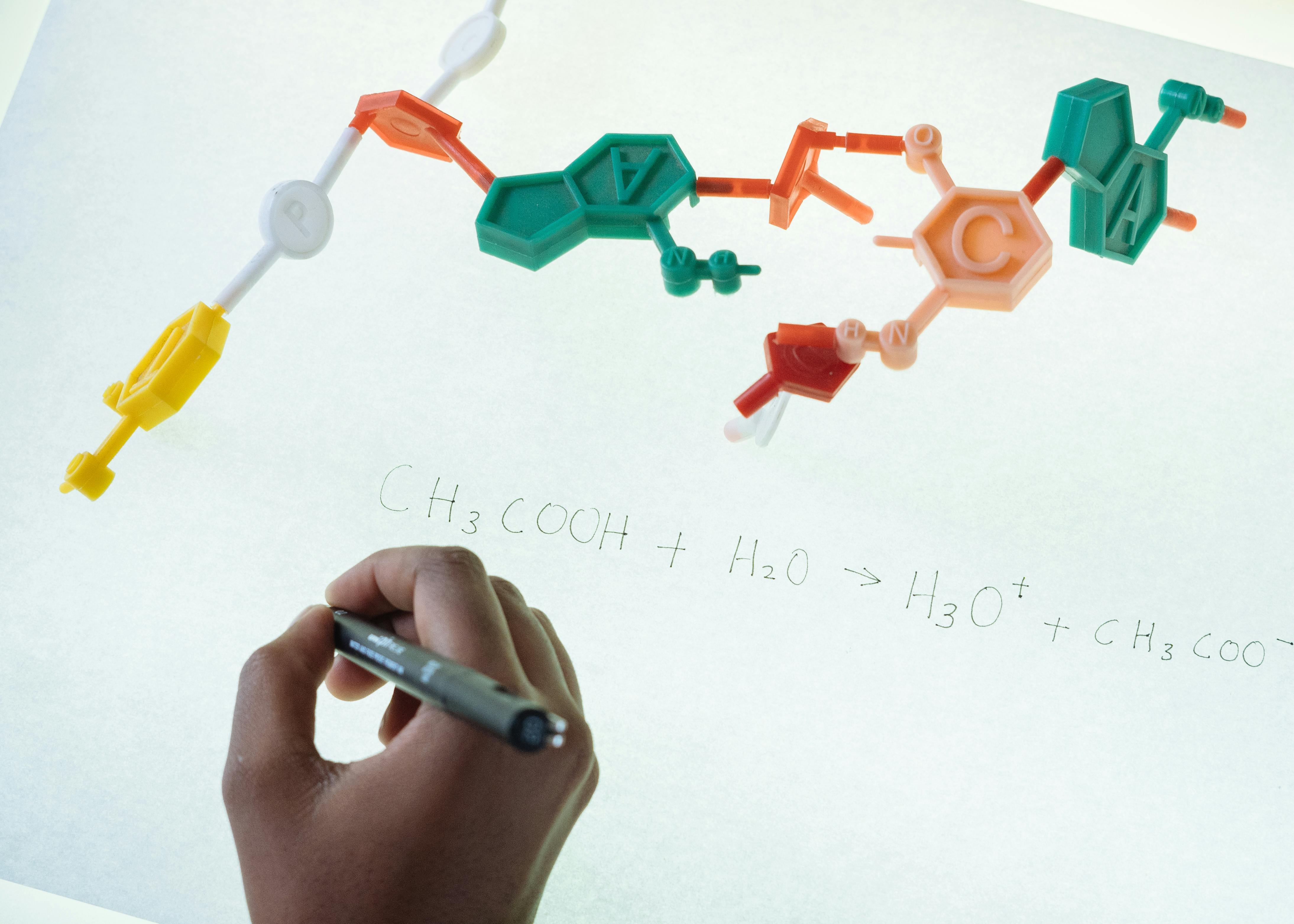Revolutionizing Drug Discovery: The Transformative Impact of Generative AI in Pharmaceuticals

Generative AI represents a cutting-edge technology that has taken several sectors by storm, currently shaking up the field of drug discovery as well. With advanced models like GPT-3 and autoregressive transformer networks, this technology is pushing the boundaries of what is feasible in the field of pharmaceuticals.
Cracking the Code: Understanding Generative AI
At its core, generative AI is a sector of artificial intelligence that leverages neural networks to generate fresh ideas, designs, or models based on provided input. This includes creating images, texts, or in the case of drug discovery, identifying potential new treatments. This technology uses existing databases to learn patterns, then emulates these patterns to generate new targeted results. Think of it as having an immensely efficient brainstorming partner, capable of streamlining the research and development process.
The Ground-breaking Influence of Generative AI on Drug Discovery
Drug discovery is an excellent candidate for AI-driven evolution due to its data-heavy nature. Traditionally, the process of drug discovery is a meticulous one- requiring extensive time and resources from conception to market. Generative AI stands to disrupt this norm by accelerating the time-to-market, and potentially improving effectiveness and safety of medications as well.
Generative AI maximizes efficiency by providing thousands or even millions of novel compounds that could potentially act as new pharmaceutical drugs in little to no time. Additionally, it helps in eliminating futile attempts in drug discovery by predicting the toxicities of these generated compounds based on available safety profile data. As a result, researchers get a precise blueprint of the drugs they are looking to develop, cutting down on the trial and error process typical of conventional methods.
Transforming the Drug Discovery Process with Machine Learning and GPT-3
Machine learning and deep-learning models are playing an instrumental role in elevating the capabilities of generative AI in drug discovery. GPT-3 (Generative Pre-training Transformer) and autoregressive transformer networks are standout performers in this regard. These models take a more sophisticated approach by learning to predict what comes next based on the pre-existing sequence, which is a game-changer in predicting the properties of prospective drug compounds.
Embracing the Promising Future Amid Challenges
While the revolutionary impact of generative AI is felt across the field of drug discovery, it’s important to recognize and acknowledge the challenges associated. Like any other technology, generative AI also faces certain limiters such as data availability, accuracy, and prediction bias. Despite these challenges, adoption of generative AI is increasing due to its potential rewards.
The pharmaceutical industry's gradual adoption of generative AI-driven drug discovery hints at an exciting future. The technology's influence ranges from boosting efficiency to potentially transforming the way we approach disease treatment. As AI models evolve to better manage, interpret and find new patterns in vast datasets, the future heralds more advanced, targeted and safe medications.
Conclusion: The Undeniable Potential of Generative AI in Drug Discovery
The integration of generative AI into the drug discovery process is proving to be a game-changer. With its capability to streamline research, innovate efficiently, and create safer medication, generative AI is surely steering the pharmaceutical industry towards a future that was once only imagined. As this technology continues to grow and evolve, the benefits we reap from its applications will only multiply.



